Seeing your baby choking and turning blue is every parent’s nightmare, and it’s one that came true for one young Essex County mother as she cared for her baby.
Luckily, though, that mother had just participated in an infant CPR class through the Connecting Young Moms program at Beverly Hospital. By the time the ambulance arrived, she’d already performed the lifesaving rescue maneuver she learned during class and her baby was breathing again.
Funding for that CPR class, and for many other programs that Connecting Young Moms provides to the women it serves, was made possible by a grant from the Women’s Fund of Essex County, an all-volunteer organization that provides funding to nonprofit programs that improve the lives of women and girls in Essex County. “That was a remarkable story about the impact,” says Jodie Berry, LSW, LCCE, a parent education specialist and cofacilitator of the Connecting Young Moms program.

But it’s far from being the only remarkable story about the way that the Women’s Fund has improved the lives of women and girls. Since it was founded in 2003, the Women’s Fund has donated nearly $2 million to over 100 nonprofit programs serving women and girls in need or at risk across Essex County, targeting initiatives that promote social change, education, and empowerment. “We are a community of agencies, volunteers, and donors who are committed to strengthening women and girls, our families, and our communities,” says Ro French, president of the advisory board for the Women’s Fund of Essex County. “Sustainable change begins locally.”

And the local need is great. According to the Women’s Fund report Women in Poverty in Essex County: A Call to Action, “Women and girls, who make up 52 percent of Essex County’s population, are nearly 35 percent more likely to live in poverty than men.” In addition: “Of the 28,616 children in Essex County living in poverty, nearly 70 percent live in single-mother families.”
“There’s an awful lot of wealth in Essex County, but there’s an awful lot of poverty, even in towns that are considered wealthy,” says Lisa W. Parker, chair of the Grants Allocation Committee. “The need is real.”

One of the things that makes the Women’s Fund so special is the rigorous, data-driven process by which it allocates funding, which comes from individual and corporate donations. “The accountability and the metrics are very important,” Parker says. “The process that we go through helps us spread the money throughout Essex County.”
All of the grant recipients have clear objectives, proven success, and established budgets, which they demonstrate via a rigorous and extensive application process that includes a detailed written application and site visits. “It’s a huge validation for me, because they’re such careful stewards of how they donate the money,” says Berry of receiving funding.
The Women’s Fund doesn’t take a “Here’s money; fix it” approach to solving problems and allocating funding for the programs it supports, Parker says.
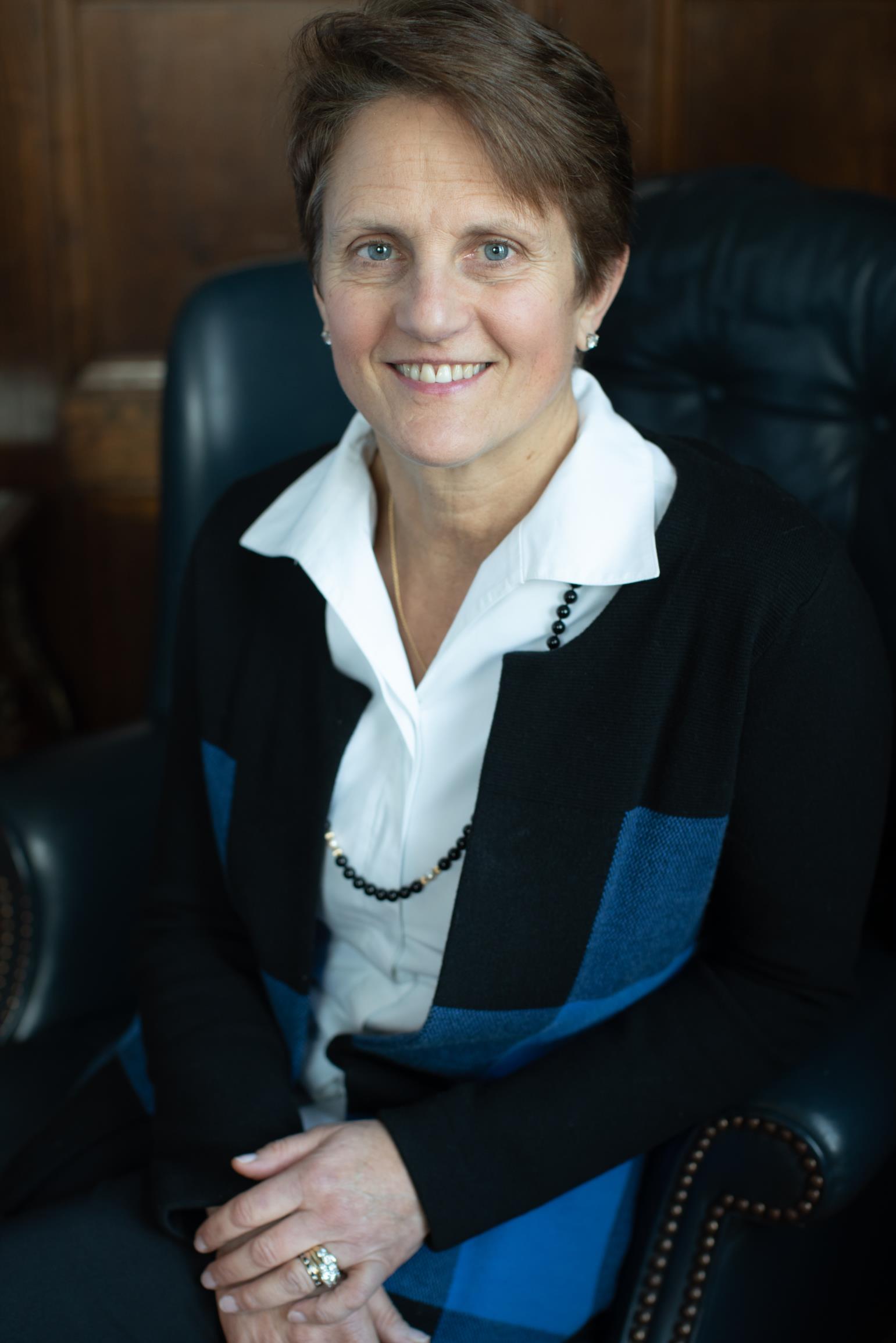
Ro French is the president of the advisory board for the Women’s Fund of Essex County. Photo by Elise Sinagra.
Instead, French explains, “We try to identify the point of intervention where they can truly effect change for women and girls.” She adds that the Women’s Fund is also “incredibly interested” in programs that help increase the number of women—especially single mothers—earn a living wage.
The programs not only have a proven track record in common, but also a clear mission for empowering women and girls in three main areas: economic self-sufficiency and security, health and well-being, and leadership and empowerment. “We look to target solutions that have complex social issues,” says French. Looking at the wide range of organizations the Women’s Fund helps provides evidence of this.
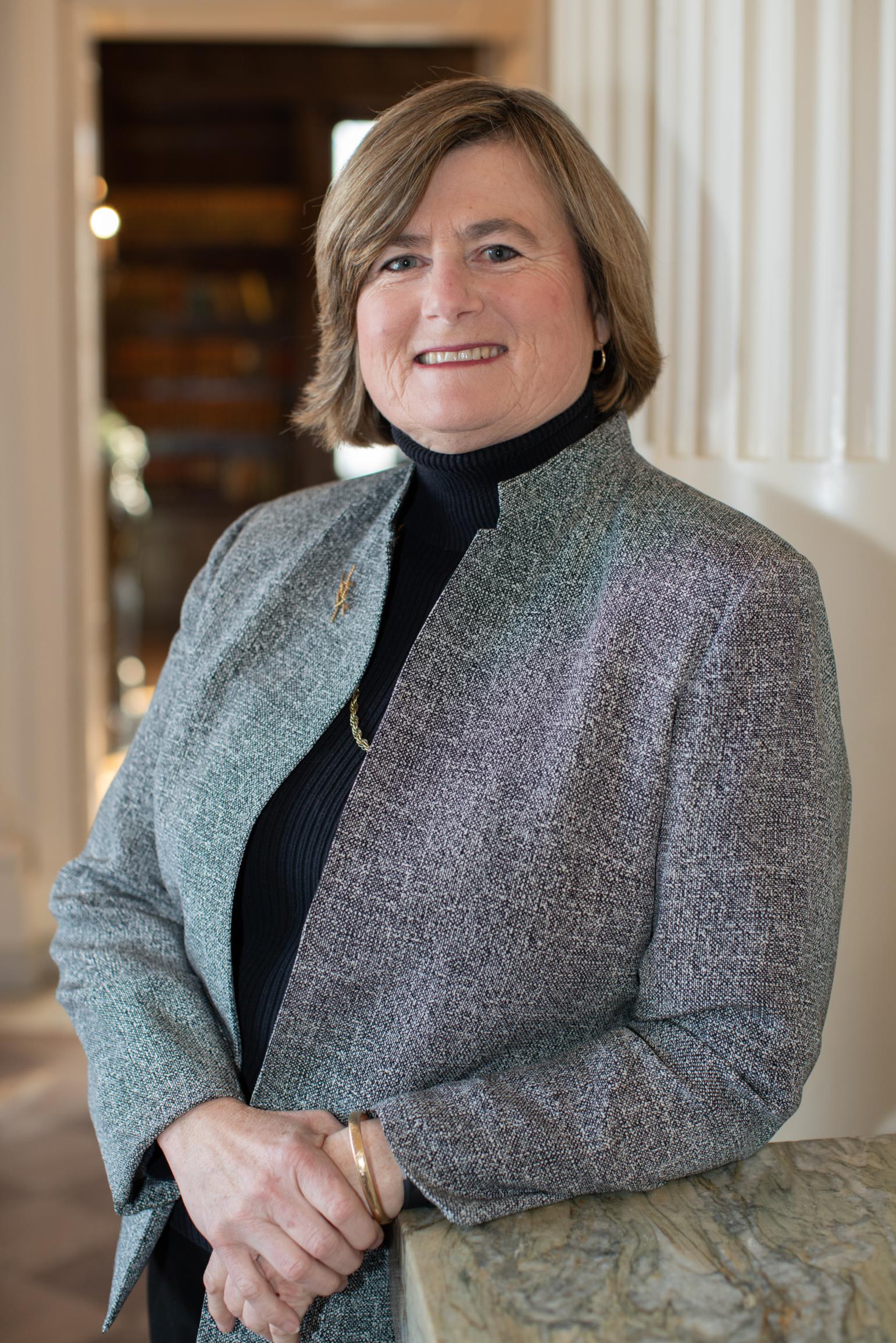
Lisa Parker is the chair of the Grants Allocation Committee for the Women’s Fund of Essex County. Photo by Elise Sinagra.
For instance, 2018 grants provided $275,000 in funding to 18 diverse local organizations. Among them were an outreach program at Lynn-based Centerboard addressing commercial sexual exploitation of children; the Girls in Sports programs at Beyond Soccer, which include soccer, mentoring, and healthy living programs for girls in Lawrence; a financial literacy and mentoring program at Community Action in Haverhill; and a program at Lazarus House in Lawrence that provides women with culinary work training and job placement.
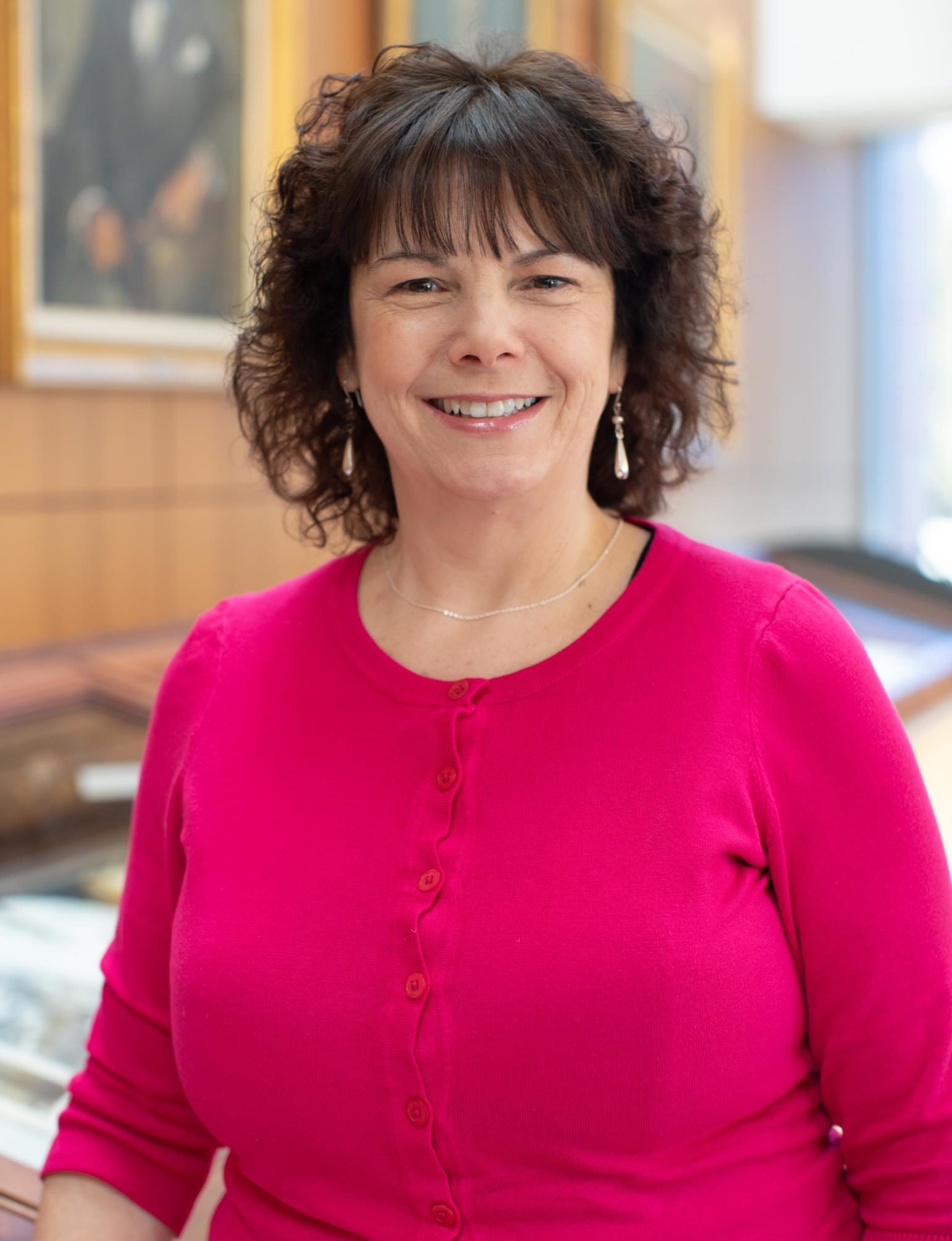
Jodie Berry, LSW, LCCE. Photo by Elise Sinagra.
Other programs the Women’s Fund helps fight the opioid epidemic, provide refugee services, and empower homeless women. “I’m impressed that they pay attention to all kinds of organizations that have wildly different missions and wildly different kind of infrastructures,” says Suzanne Dubus, CEO of Jeanne Geiger Crisis Center in Newburyport, which works to empower people and engage the community to end domestic violence through its free crisis intervention services, 24-hour hotline, partnerships with local law enforcement, counseling, legal representation assistance, school education, homicide prevention work, and other services.
The crisis center was a 2018 grant recipient for its empowerment and wellness workshops, which provide trauma and abuse survivors with everything from yoga and self-care to financial literacy tools. “These workshops help women take a step back from the abuse and really begin to take a look at their lives holistically and figure out what they’re good at and create a future for themselves,” Dubus says.
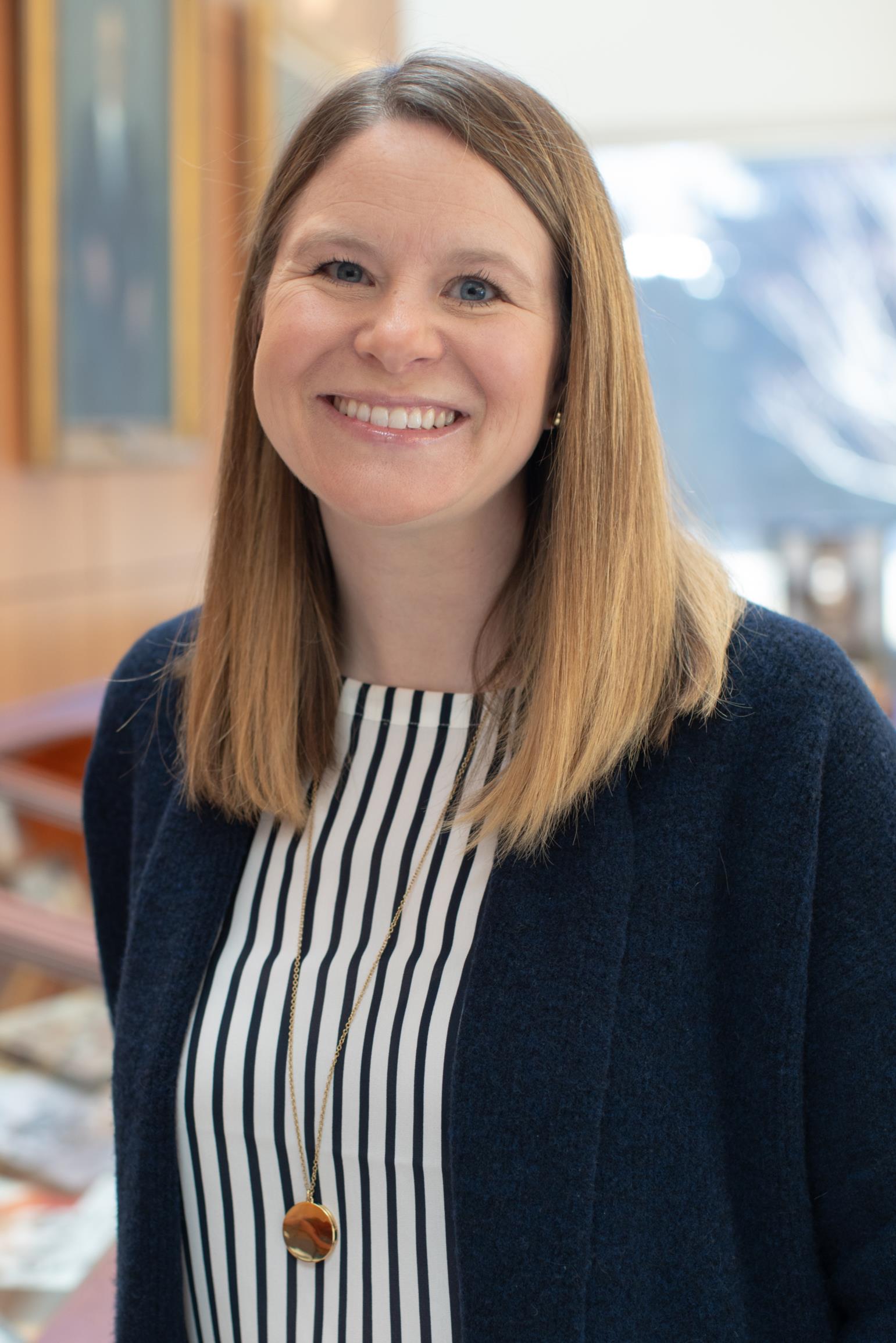
Kelli Braga, LICSW. Photo by Elise Sinagra
She adds that the Women’s Fund “really understands what’s going on in Essex County. Not only do they provide essential funding, but they’re always making sure that they’re focused on the right priorities. I just so appreciate that they’re all just very much focused on what’s happening on the ground, and also the larger, bigger picture.”
In the case of Connecting Young Moms, it’s easy to see how the funding effects real-life change for program participants. Since 2004, Connecting Young Moms has received several multiyear grants to support initiatives like its doula program, emergency and education funds, and training programs.
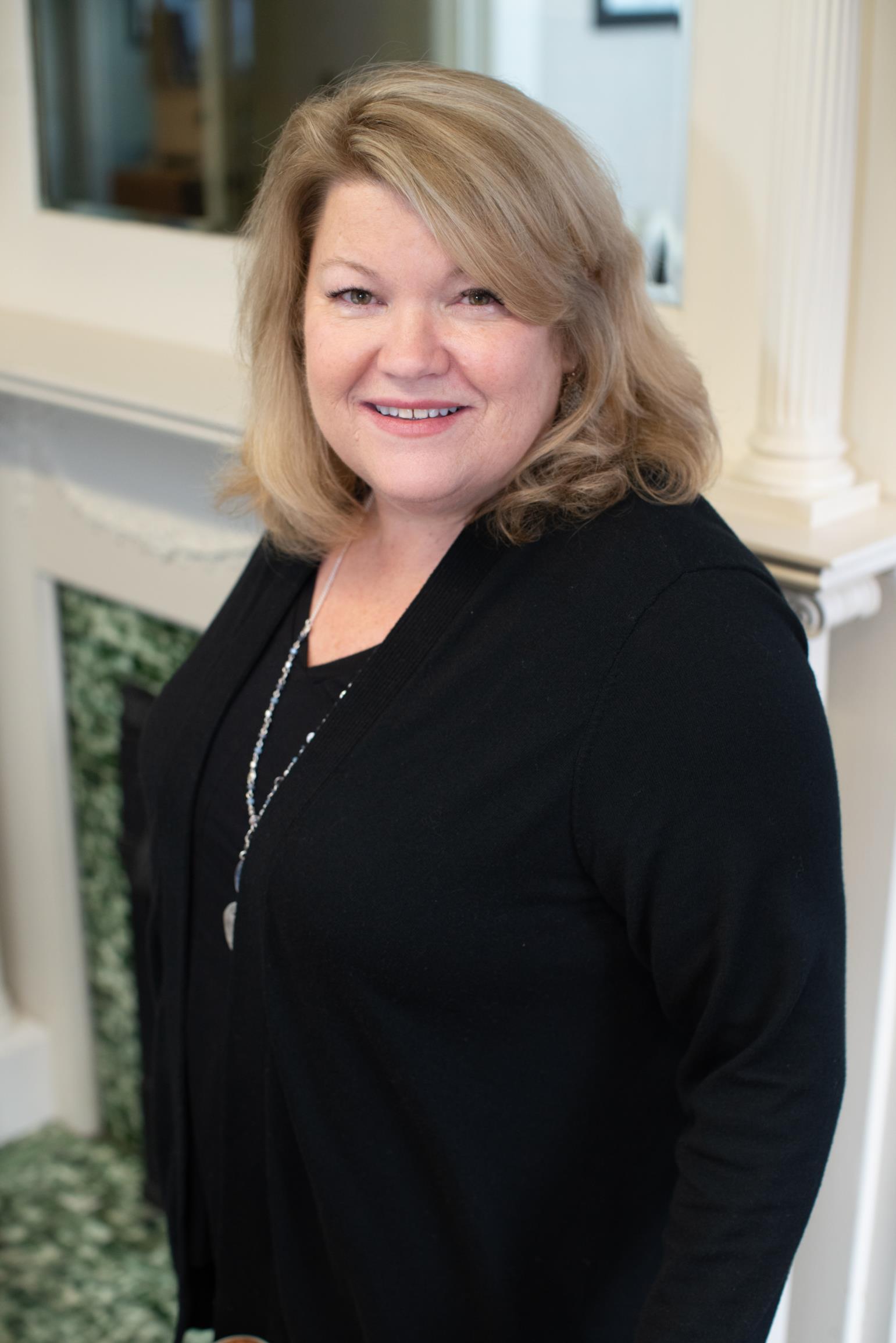
Suzanne Dubus is the CEO of the Jeanne Geiger Crisis Center in Newburyport. Photo by Elise Sinagra.
The program’s emergency fund, for instance, allowed one woman to get the windshield wipers on her car fixed so that she could get to work in bad weather, which in turn helped her pay her bills and support herself and her child. “It seems so small to just fix windshield wipers,” says Kelli Braga, LICSW, a clinical social worker and co-facilitator of the Connecting Young Moms program. “It’s huge to these young women.”
Another young mom received a scholarship to enroll in an EMT class, which propelled her toward a career as a paramedic. “That springboard…that’s where the magic happens,” says Braga. “The whole trajectory of her life was shifted by that one grant.”

